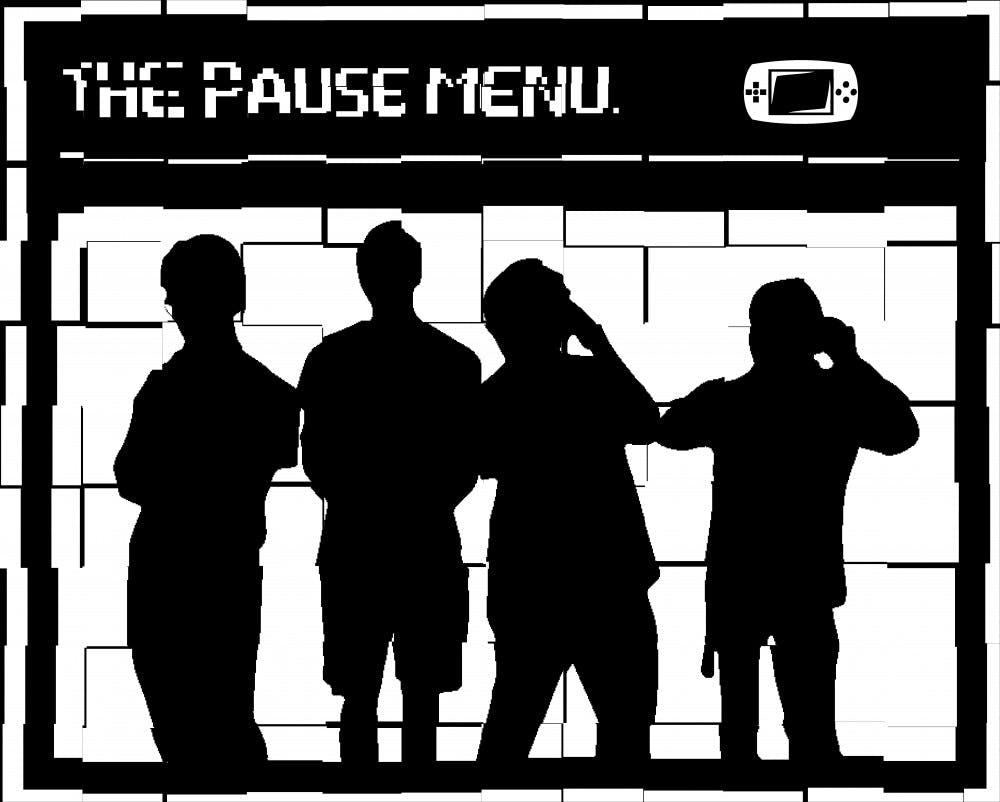By Elijah Oates | Contributor
Scenario: you are about to win your first "Fortnite" game. There's one other player left. You have a full loadout, most of it legendary. Your materials are maxed. The other guy is a no-skin. You can't possibly lose.
You engage, rushing with some clever building and get in shotgun range. Then your game freezes. Two seconds later, a thoroughly demoralizing "You got 2nd" flashes at the top of your screen.
The rage sets in. Maybe it's a cold rage, and you tighten your grip on the mouse or controller, clench your jaw and scare away your roommate who just walked in. Maybe it's a hot rage, and you scream, throw your controller and storm out of the room, slamming the door behind you amidst a flurry of expletives.
Cold or hot, one question remains. Why?
Why do we let something as inconsequential as a video game induce such strong anger in us? Why do little virtual people cause boiled blood and icy stares? Why does it matter when we die in a video game?
Answer: it doesn't. Dying in a video game doesn't matter, and it never will. That's not to say video games don't matter. That's not to say video games shouldn't invoke emotion. That's not to say they are unhealthy and should be purged from every screen.
On the contrary, video games are interactive pieces of art that provide hours of entertainment, social networking and bonding and the opportunity to explore worlds we never could otherwise.
Video games are beautiful things, and the most beautiful thing about them is that it doesn't matter when we die. Why? Because the "Ready" button will never go away. The "Continue" button will never go away. The chance to reset, respawn, resurrect or retry will never be unavailable.
Video games are the one place where you're allowed to fail without lasting consequence. Embrace that the next time you get second place.
Now grab your controller, hit the big yellow "Ready" button, and get a(nother) life.





